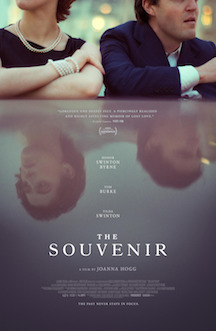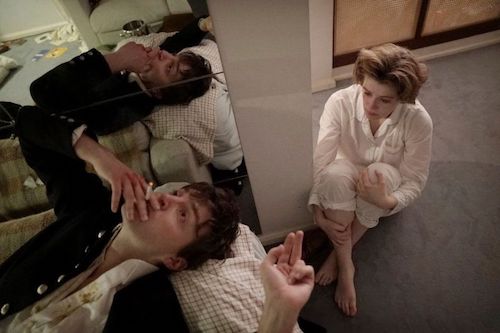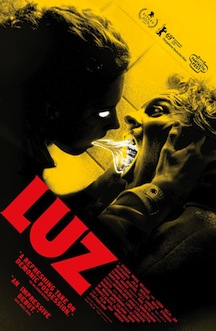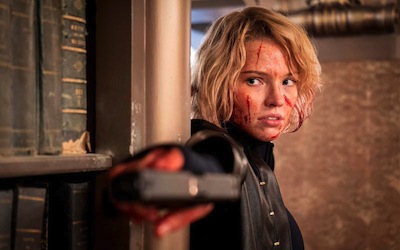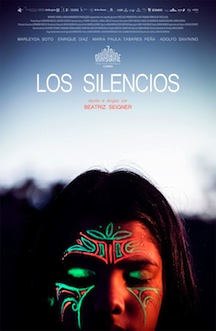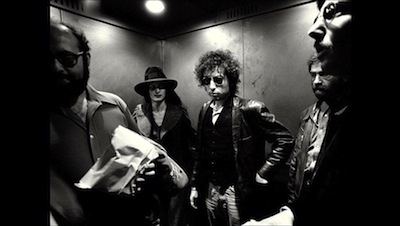Direction: Peter Parlow
Country: USA
Peter Parlow’s micro-budgeted The Plagiarists is an insignificant and frustrating piece of indie cinema suffused with too many words but completely parched in satisfying ideas. Written by Robin Schavoir and James N. Kienitz Wilkins, the film feels like a half-baked, home cooked essay about legitimacy in art, monotonously chronicled with a strong experimental inclination and inauthentic performances.
Anna (Lucy Kaminsky) and Tyler (Eamon Monaghan), a young novelist and filmmaker, respectively, are engaged for one year and working on their careers. Their car breaks down on their way to Philly, where they should meet with their good friend, Allison Baker (Emily C. Davis). An enigmatic black man called Clip (Michael ‘Clip’ Payne - member of the funk collective Parliament-Funkadelic), who also happens to be an acquaintance of Allison, offers them a place to spend the night. This section of the film almost feels like a thriller, but the film never gets close to anything substantial or astute, rather getting lost in dull conversation and… I was already yawning quite frequently. In a catastrophic way, tedium escalates as the film advances.
Clocking in at 76 minutes, The Plagiarists feels much longer than it is, since it’s all too fabricated, unenthusiastic, and senseless. At least, its creators won’t have to worry about being plagiarized. Who would want to copy something so uninspired and unattractive like this?










